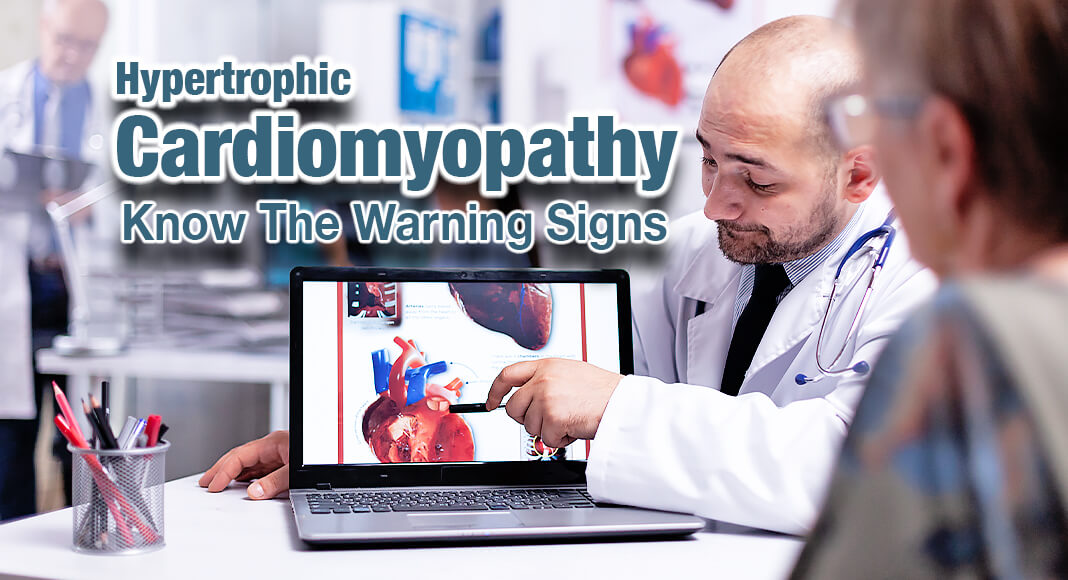
Mega Doctor News
By Jason Howland / Mayo Clinic News Network
It’s often silent but can be a deadly killer. Hypertrophic cardiomyopathy is a genetic condition that occurs in 1 in 500 people.
Dr. Said Alsidawi, a Mayo Clinic cardiologist, says the problem is that many people don’t even know they have it because they have no symptoms. And in 20% of cases, the first presentation is sudden cardiac death.
Hypertrophic cardiomyopathy is a genetic condition that causes the heart muscle to thicken, making it harder to pump blood and sometimes causing an irregular heart rhythm.
“So right now, what we think in the United States, we’ve only diagnosed 1/7 of the people who have hypertrophic cardiomyopathy. So we’re trying to increase the awareness in the community about this disease,” says Dr. Alsidawi.
He says patients are born with a genetic mutation. The disease can start at a young age or later in life — many times with no symptoms.
“We know the patients that we lose to this condition, the majority of them are young, active and athletes. So high-level athletic exercise can put you at higher risk of sudden cardiac death,” says Dr. Alsidawi.
He says it’s important to seek medical attention if you have any symptoms, especially with exertion, “including shortness of breath, chest pain, lightheaded, dizzy or passing out.”
If diagnosed, the good news is hypertrophic cardiomyopathy can be treated with medications, surgery, implanting a defibrillator that monitors the heart or, in severe cases, heart transplantation.
Additional resources:
- Sex and race disparities found in management of patients with hypertrophic cardiomyopathy in the hospital
- Mayo researchers create, test AI to improve EKG testing for hypertrophic cardiomyopathy
Information Source: Mayo Clinic News Network








